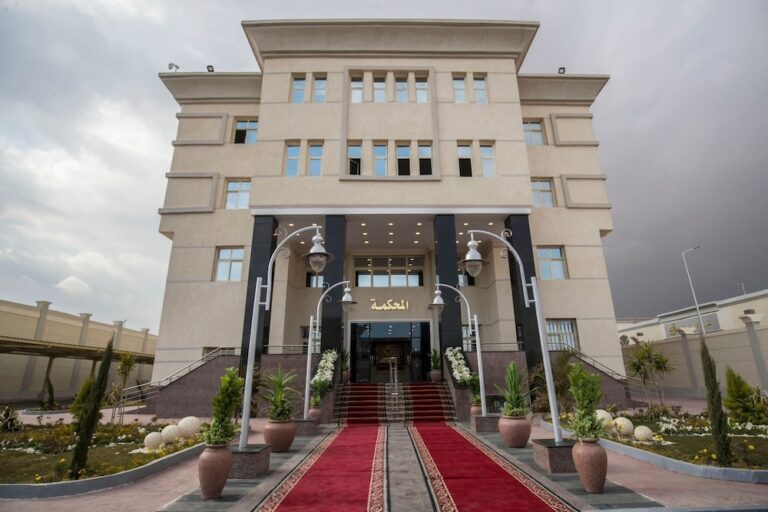(RSF/IFEX) – Reporters Without Borders and the Arabic Network for Human Rights Information wrote to Justice Minister Mamdouh Marei on 22 January 2007 asking him to intercede on behalf of Abdel Kareem Nabil Suleiman (better known by his blogger pseudonym of Kareem Amer), whose trial is due to start on 25 January in Alexandria. Held […]
(RSF/IFEX) – Reporters Without Borders and the Arabic Network for Human Rights Information wrote to Justice Minister Mamdouh Marei on 22 January 2007 asking him to intercede on behalf of Abdel Kareem Nabil Suleiman (better known by his blogger pseudonym of Kareem Amer), whose trial is due to start on 25 January in Alexandria. Held since 6 November 2006, he faces up to nine years in prison for posting articles critical of Islam on his blog ( http://www.karam903.blogspot.com ).
“We hope you will follow this case closely and ensure that this young blogger is released soon,” the press freedom organisation said in its letter. “The freedom with which Suleiman expresses himself may cause displeasure, but he must assume responsibility for what he writes, which poses no danger to national security. A prison sentence would therefore bring disgrace on the Egyptian judicial system and sully your country’s image. Particularly because Article 151 of the Egyptian Constitution stipulates that any agreement signed and ratified by Egypt becomes part of domestic law and applied like any other legislation. Egypt signed the International Covenant for Civil and Political Rights, in which Articles 18 and 19 clearly stipulate everyone’s right to freedom of expression, opinion, thought, conscience and religion. Subsequently, no one should ever be imprisoned for a press offence or for the views they express.”
The letter added: “We would also like to draw your attention to the harsh conditions in which this young blogger is being held and the worrying state of his health. He has been in solitary confinement for more than two months. This has left him very weak and has affected him psychologically.”
Suleiman is charged with inciting hatred of Islam, defaming the Egyptian president, spreading rumours likely to disturb the peace, and damaging Egypt’s reputation. His blogs regularly criticised the religious and authoritarian excesses of President Hosni Mubarak’s government. He also criticised Egypt’s highest religious institutions, including the Sunni university of Al-Azhar where he studied law.
Egypt is on the list of the 13 Internet enemies which Reporters Without Borders compiled in 2006 ( http://www.rsf.org/article.php3?id_article=19603 ).


